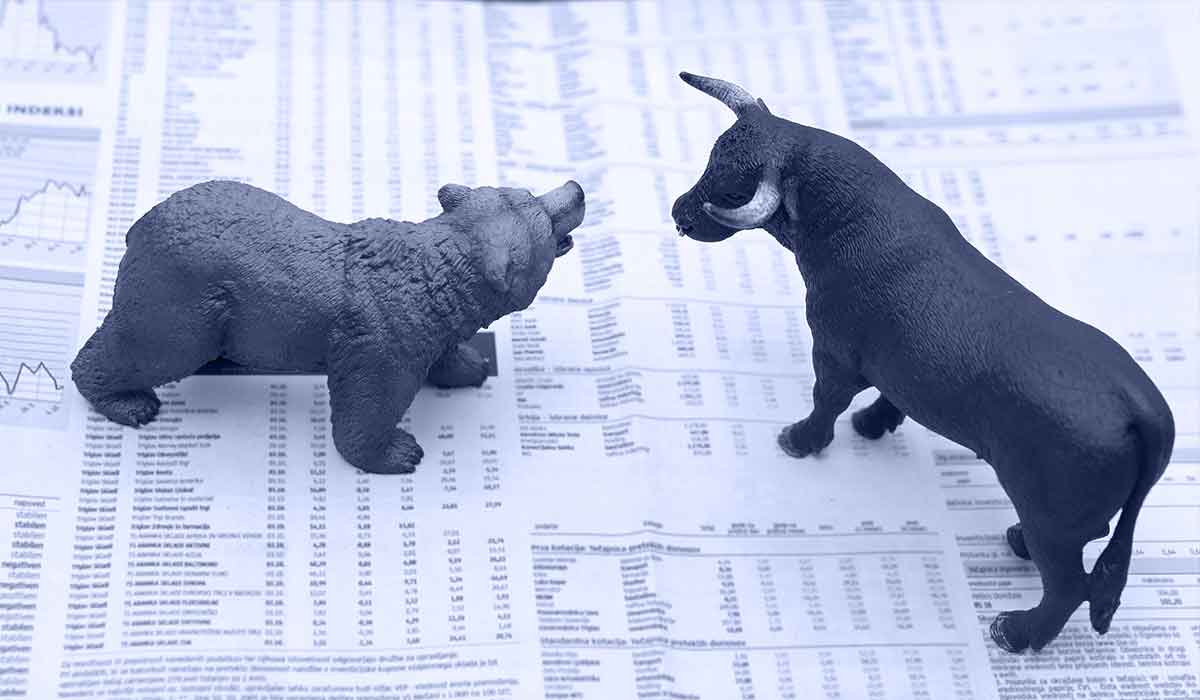Thematics outperform the broader equity markets in October
A confluence of factors weighed on equities in October including the resurgence of the coronavirus that resulted in fresh restrictions late in the month, scuttled fiscal stimulus talks in Washington, renewed US-China trade tensions, the continuation of Brexit talks, and the lead up to the final innings of the contentious 2020 US presidential election. The end result saw the major market indices record their worst month in several with the S&P 500 shedding 2.8%, which added to its September losses and left it up 1.2% through the first 10 months of 2020. The Dow Jones Industrial Average fell 4.6% in October, leaving it down 7.1% with two months left to go in 2020. In comparison, all six of Tematica Research’s thematic indices outperformed both of those major market barometers in October, once again confirming that only by thinking differently can investors hope to outperform.
- The Tematica Research Cleaner Living Index rose 2.6% in October, bringing its return for the first 10 months of 2020 to 48.8%.
- The Tematica BITA Digital Infrastructure and Connectivity Index traded off 1.8% in October leaving it up 21.0% through the end of the month.
- The Foxberry Tematica Cybersecurity & Data Privacy Index fell 2.1% in October, finishing the first 10 months of 2020 up 20.4%.
- The Foxberry Tematica Sustainable Future of Food dropped 2.7% in October, and that loss put its year to date through October performance at +6.1%.
- The Tematica Research Dividend All-Stars slipped 0.9% in October; its return for the first 10 months of 2020 was also -0.9%
- Tematica’s Thematic Leaders Index, which reflects a model portfolio representing each of Tematica’s investment themes also slipped 0.9% in October. That modest setback left the Thematic Leaders up 59.7% for the first 10 months of 2020.
With Election Day 2020 having finally arrived, investors are anxiously waiting for the presidential results and those for the U.S. Senate, which will determine its political composition for the next few years. There is chatter of a potential Blue Wave, but we are likely in for a nail biter of an evening.
Barring a landslide victory by either Trump or Biden, which, depending on your view of potential swing states is either highly probable or wishful thinking, the probability is high the next president will not be declared quickly. Indeed, we would not be surprised if a contested election emerges. When that happened in 2000, it took five weeks, complete with recounts and court rulings, to know the outcome of the presidential race, and in that time volatility was a recurring factor for U.S. equity markets.
If we get a split decision — a president from one party with the other party a majority in the Senate — odds are we are in for four years where little will get done in Washington. It wouldn’t be the first time.
Stepping back we have to ask: will a changing of the guard have a demonstrative impact on our investment themes and indices?
Will the shift to digital shopping slow in the near-term? Probably not, especially given what is unfolding with the COVID-19 pandemic.
Will people stop streaming video content? Not likely. Even Walt Disney (DIS) now refers to its box office facing business as a legacy one as it focuses on its Disney+ streaming service.
Are people going to stop looking for food and other products that have cleaner ingredients and environmentally friendly packaging? Will farmers stop buying agricultural equipment that will help drive crop yields and productivity? Doubtful on both counts.
Will the deployment of 5G networks and 5G smartphones come to a grinding halt? Again not likely.
And so on…
Yes, the players in Washington may change and during that process, there will be some immediate to short-term volatility but the structural changes that power Tematica’ investment themes will continue on. That said, we’ll be sure to watch policy changes and regulatory mandates in the coming quarters to identify any potential headwinds as well as new tailwinds that could further entrench the structural changes that underpin our investment themes and indices.


